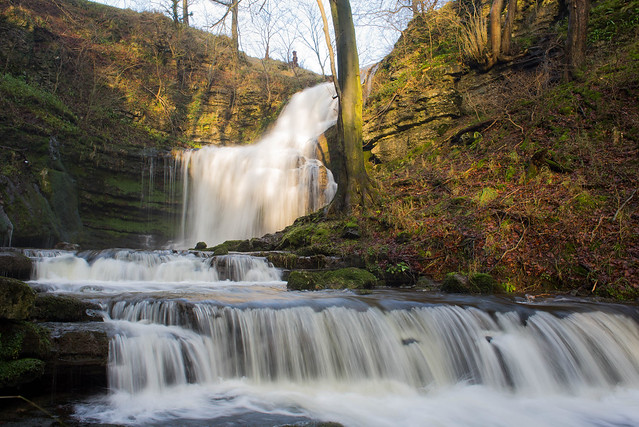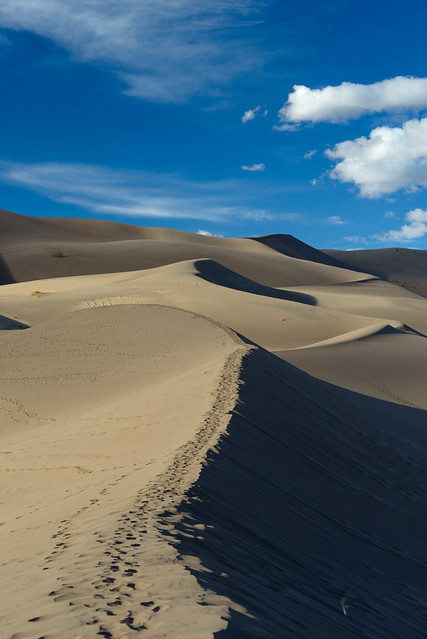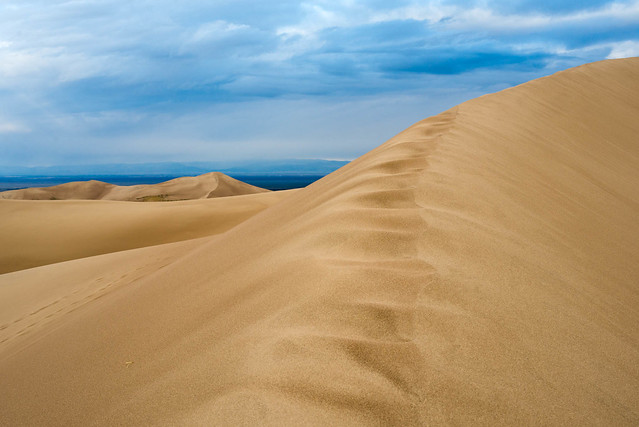Jim Hansen isn't right about everything these days - this paper has rightly had a rough ride (ignoring the delusional nonsense) and I wait with interest to see what transpires. But on the Paris talks, he's pretty much right. He's worth quoting in full (as reported in the Guardian and elsewhere):
It’s a fraud really, a fake. It’s just bullshit for them to say: “We’ll have a 2C warming target and then try to do a little better every five years.” It’s just worthless words. There is no action, just promises. As long as fossil fuels appear to be the cheapest fuels out there, they will continue to be burned.
James Hansen, Columbia University
It is also interesting to see that, just as most scientists have regretfully given up on 2C as a plausible target (maybe we could still just about do it in theory, but we certainly won't without lots of serious and immediate effort), the politicians decide they will aim at 1.5C instead. I predict a lot of Canute analogies and cartoons as the temperature continues to rise steadily.
On the other hand, it could be seen as a positive sign that at least the politicians are talking seriously about the need to cut carbon emissions, even if it is merely talk. It's not beyond the bounds of possibility that at least some nations might act in accordance with their words and put their money where their mouths are. If we really did achieve carbon neutrality before the end of the century, I'd regard that as a pretty positive outcome. But it's a long way off from here. Of course a carbon tax/fee/whatever as espoused by just about everyone
who's thought about the problem and who does not have a vested interest
in it would be the obvious starting point, and what matters from here is
the start rather than the endpoint. What does everyone else think?


